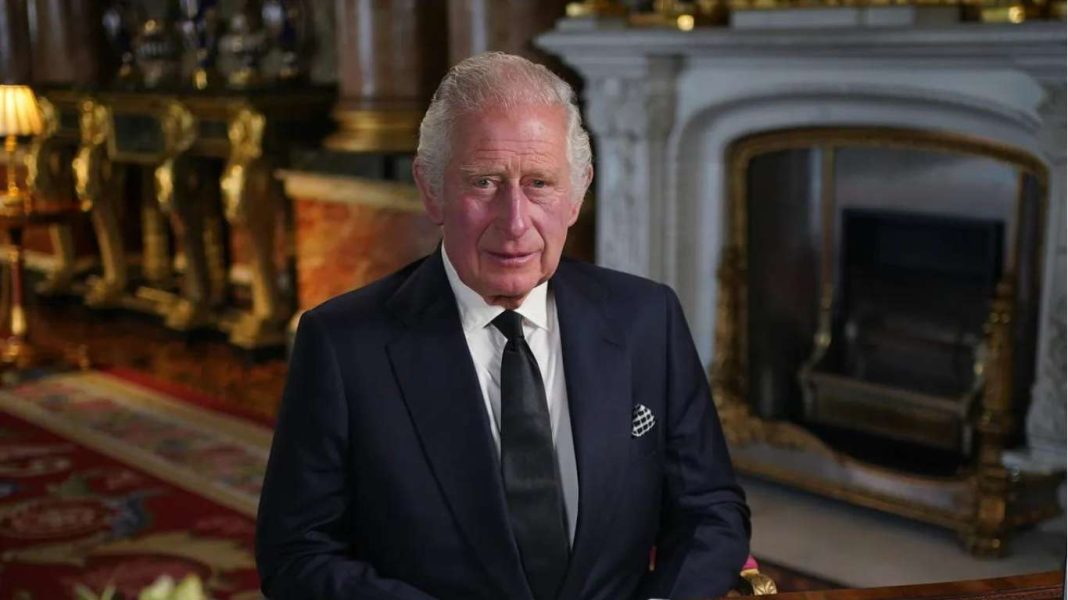King Charles III has been diagnosed with cancer and is stepping away from public engagements while he undergoes treatment, Buckingham Palace said Monday.
His diagnosis comes at a time when the royal family was already shorthanded, with Catherine, Princess of Wales, recovering from abdominal surgery and Prince William, heir to the throne, stepping back from royal duties to care for her. Royal experts say the public disclosure of Charles’s illness marks a shift in approach for Buckingham Palace, which has traditionally been secretive about the health of the monarch. Here’s what to know about his diagnosis.
What do we know so far about King Charles’s cancer diagnosis?
Buckingham Palace has offered no details on what form of cancer the king has, other than to say that it is not prostate cancer. A “separate issue of concern” was noted during a recent procedure to treat a benign prostate enlargement, and subsequent tests revealed that it was cancerous.
The peak rate for cancer cases in Britain is between the ages of 85 and 89, according to Cancer Research UK. The most common cancers among male Britons age 75 or older include prostate, lung and bowel cancer.
King Charles III is 75 years old. British royal family members have in recent times lived to a remarkable age. Charles’s grandmother, the Queen Mother, lived to 101. His father, Prince Philip, died at 99, with the official cause being “old age.” Charles’s mother, Queen Elizabeth II, lived to 96.
But historians say there is a history of cancer in the family. His grandfather, King George VI, had lung cancer before he died aged 56 in 1952. The British public, and by some accounts, George VI himself, weren’t told of his diagnosis. The official cause of death was “coronary thrombosis.
“Today we have a very different situation. We know that the king has wanted to share his diagnosis to avoid speculation,” said Cindy McCreery, a cultural historian and expert in British royalty at the University of Sydney. “But we also know that he wants to raise awareness about cancer.”
The palace statement goes as far as possible, “given that the King has had a diagnosis of cancer and, as a lot of people know, processing that is a pretty tough process”. One reason for disclosing his illness, the palace statement said, was “in the hope it may assist public understanding for all those around the world who are affected by cancer”.
Cancer patient advocates reported glimmers of success on that front, with Cancer Research UK reporting a 42 per cent rise in visits to its cancer information page, according to Dr Julie Sharp, the group’s head of health and patient information. The jump “reflects that high-profile cancer cases often act as a prompt to encourage people to find out more or think about their own health,” she said.
Who is next in line to the throne after King Charles?
The palace has said Charles will continue to undertake “state business,” and is expected to receive his “red boxes” containing documents from the government that the monarch must review. He is not expected to appoint a “counsellor of state,” or another senior member of the royal family to whom he can delegate his duties.
The Regency Act of 1937 sets out who will stand in for Charles if he can no longer exercise his functions. The act states that the regent is the person who is next in the line of succession — provided they are an adult, a British subject, and living in Britain. In Charles’ case, succession has long been set. Next in line is his son, William, the Prince of Wales.




